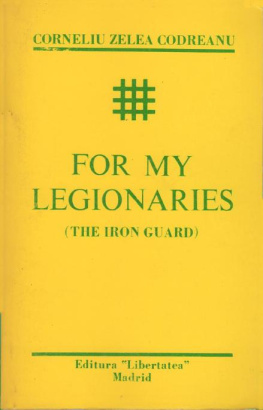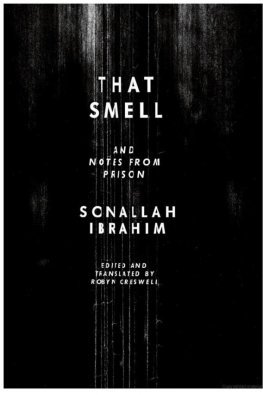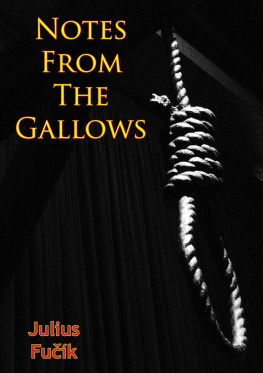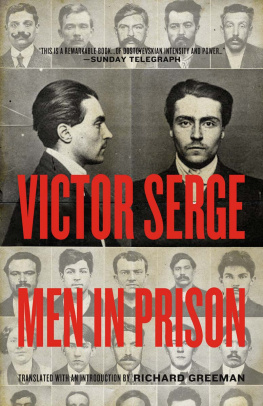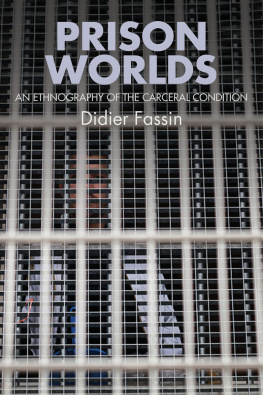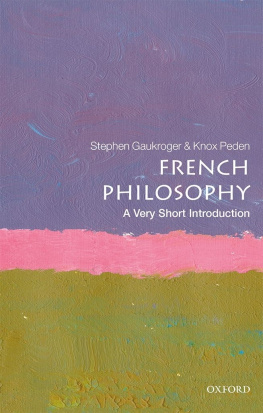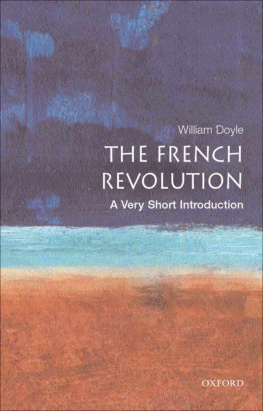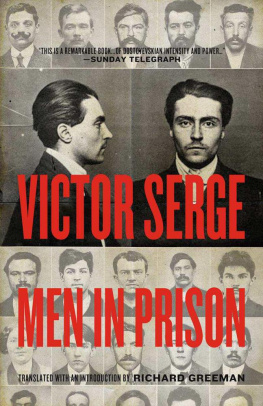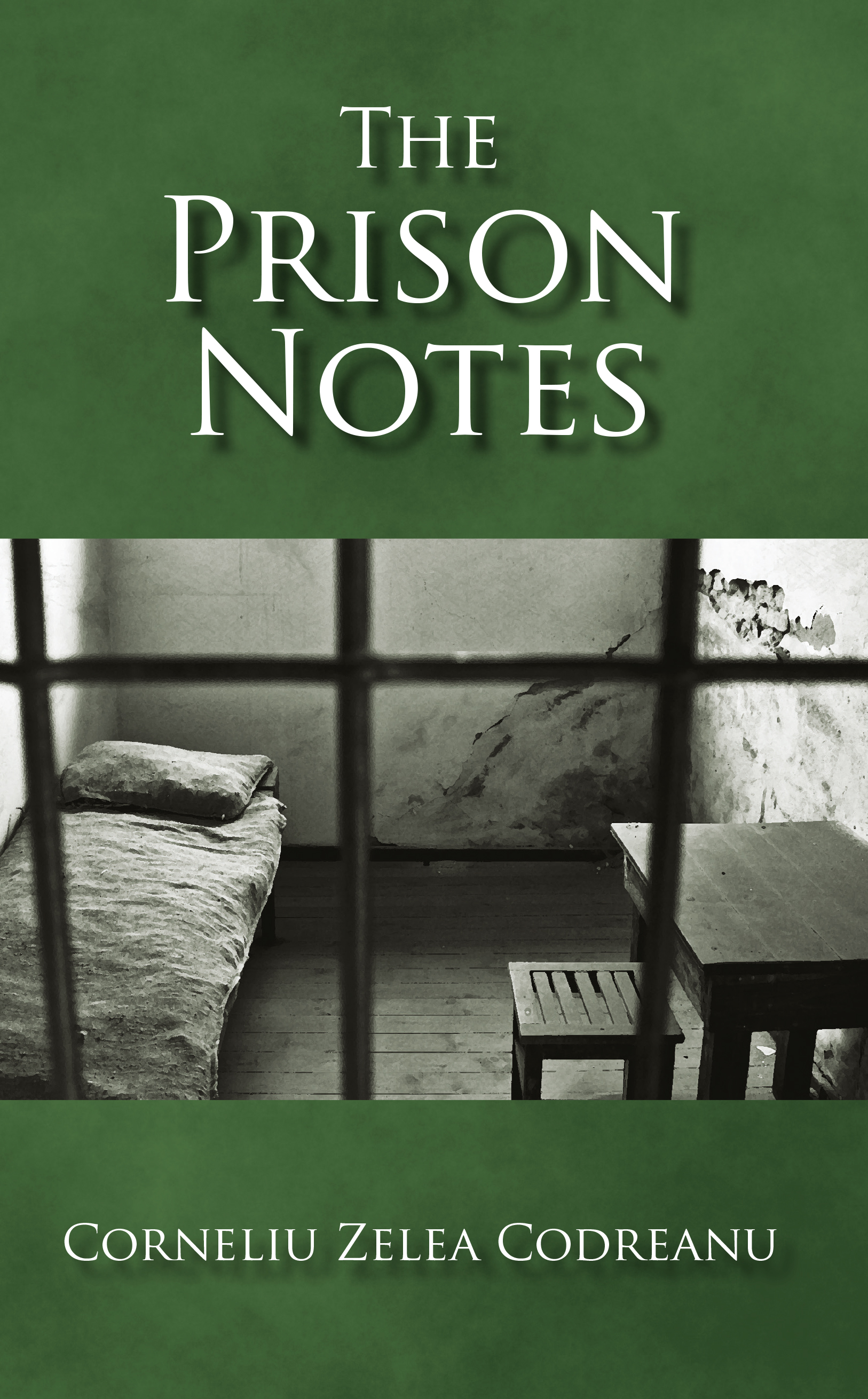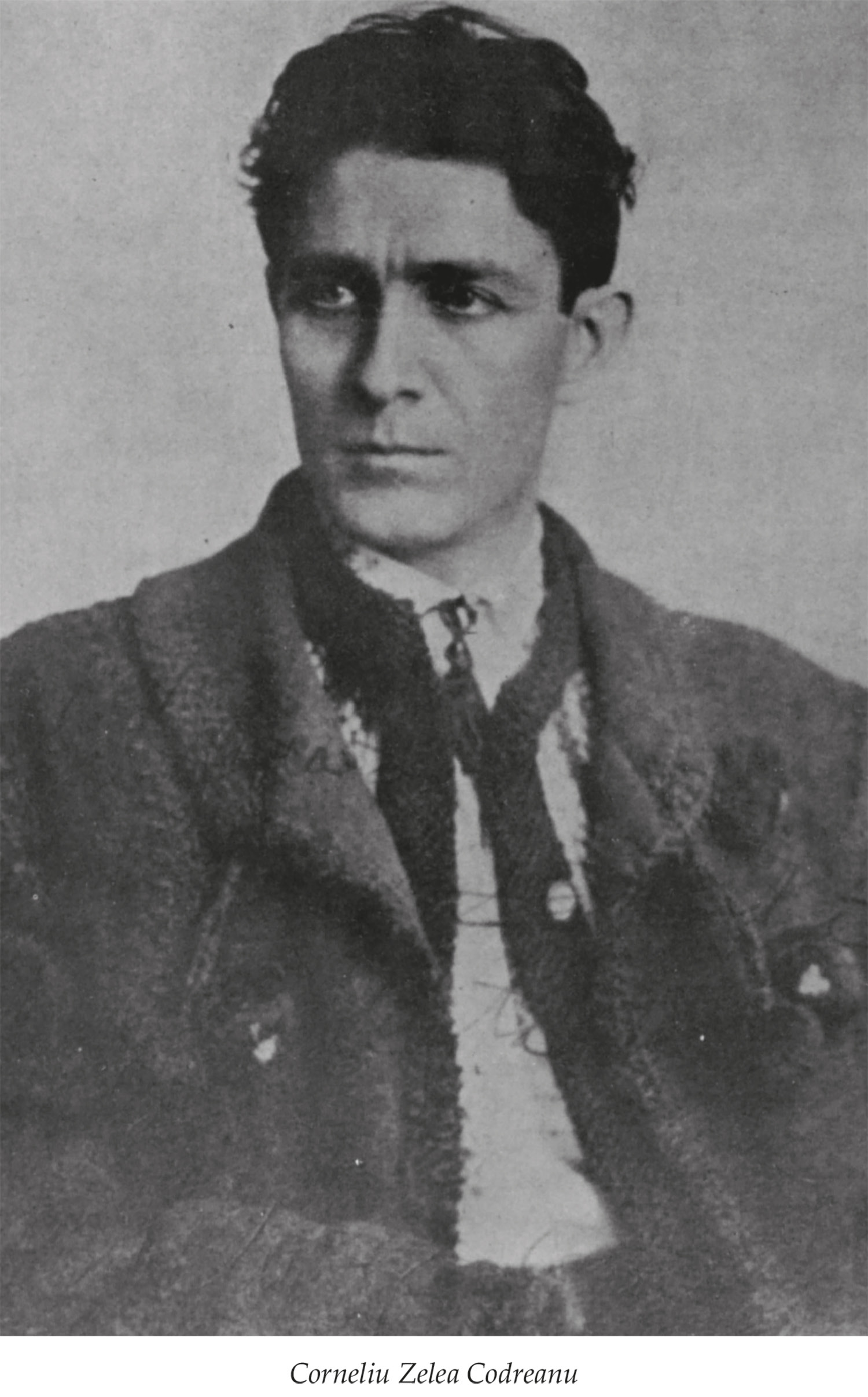Introduction
The following Introduction was written by Faust Bradesco, a Romanian Legionary veteran and intellectual who continued defending Codreanus legacy in several books after being exiled to France following the Communist occupation of his homeland, and where he was to spend the remainder of his life. This Introduction was originally published in the French edition of The Prison Notes in 1986.
This short work, already translated into several languages, now brings to completion in French the knowledge and understanding of the tragic life of Corneliu Zelea Codreanu, the legendary leader of the Romanian Legionary Movement, otherwise known as the Iron Guard.
It is concerned with a very short period of time 19 April to 19 June 1938 during which he was incarcerated in the prison of Jilava in the most vile and discouraging conditions. A mere two months, but months which transformed the fine, proud hero into a Christian martyr.
His thoughts and his behaviour during this short time do not evoke a doctrinal attempt to explain the Legionary phenomenon, or even to deepen that which made up his political thought. Rather there is an attempt to put into practice the core of a doctrine which tears the individual away from the domination of matter, so as to bring him to spiritual fulfillment.
These brief notes, sometimes sketchy, marked by brief allusions to his private life and to his family, by details regarding his health and his morale, seem to record some facts which ought to have been developed someday at leisure. It was not possible for him to do oth- erwise: the escape from prison of these small pieces of paper, written in haste in truncated sentences, sometimes badly written, is already miraculous.
In order to understand fully the meaning and importance of this short work, two phases must be identified.
1. The despair of the hunted man , who feels the hatred all around him and suffers a moral torture.
During this first phase, there is no depth to the text: just short notes and repetitions. One has the distinct impression that it is a question of points to be returned to at a later time, of the milestones of a suffering man who hopes to regain his freedom. Such is his state of mind until his shameful and unjust condemnation.
2. Then, the bursting forth of Christian enlightenment , when his soul finally realises the importance of the spiritual change of the individ- ual through the approach to and communion with the Godhead.
This is the phase where his inner transformation is effected, when he grasps fully the greatness of the divine presence in the life of man and society. The sentences are more detailed, as if he felt that he would never have the time to look at them again and to blend them into a maturely considered and structured whole.
It urges on his death; he says so. But, as time passes, and as his thoughts bring him towards a metaphysical and spiritual understanding of human perfection, he is overwhelmed by peace, brought on not by mere wisdom, but by the purely theological.
The spiritual sense of life social, political, or quite simply human advocated by Legionary doctrine, is no longer a potentiality, some- thing to be brought into being. It is an actual fact, and of its nature holy. The three theological virtues, Faith, Hope and Charity, which also make up the essence of Legionary doctrine, opens up to the New Man (understood and put into relief by the Iron Guard) the path of moral perfection, right reason and spiritual improvement .
***
The two months of prison described in this work represent a period, not new but different , from so many others that the leader of the Iron Guard underwent behind bars. Different, not so much because of the moral agonies or the physical tortures, but above all because of the spiritual transformation which shows itself in him. Interiorly he suf- fers a torment which affects him in his depths, because it is doubly distressing:
a) Physically : he is ill, suffering greatly which brings on fever; he is extremely emotional, given over to despair and to pessimism.
b) Morally : he is exhausted by so many battles and victories, reduced to ash by the hatred which is hunting him down.


